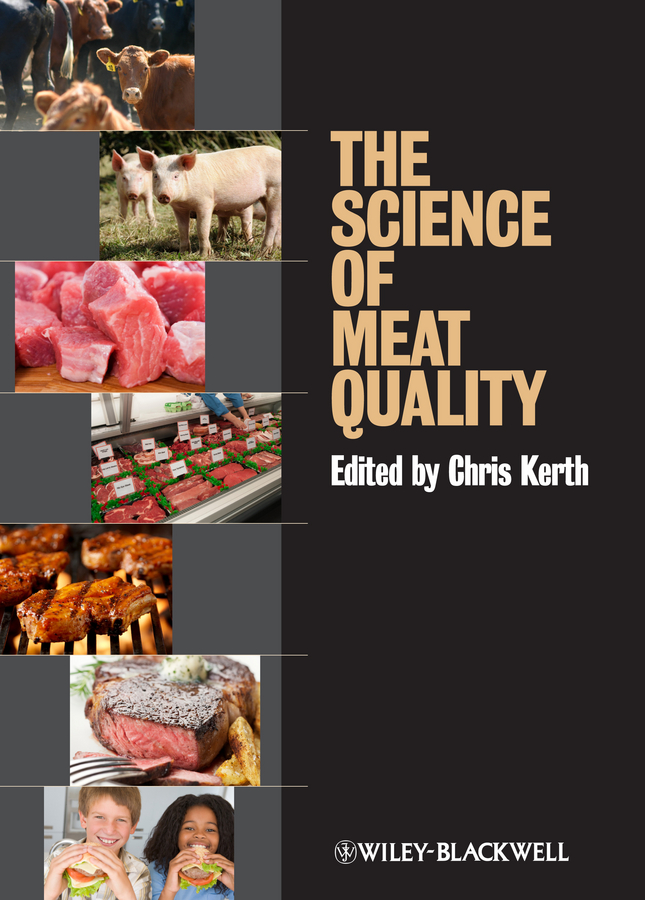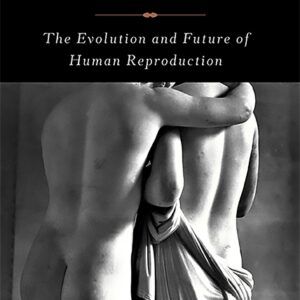Meat has been a long sought after source of nutrients in human diets. Its nutrient-dense composition of protein, fats, vitamins and minerals makes it an integral part to healthy and balanced diets. As demand for meat continues to increase globally, a better understanding of efficiently producing quality meat products is becoming increasingly important. <i>The Science of Meat Quality</i> provides comprehensive coverage of meat quality from the biological basis of muscle development to end-product-use topics such as preparation and sensory analysis. <p><i>The Science of Meat Quality</i> explores the basis of meat quality long before it hits grocery store shelves. The book opens with a look at cellular muscle tissue development, metabolism and physiology. Subsequent chapters look at topics surrounding the development of tenderness, water-holding capacity, lipid oxidation and color in meat products. The final chapters discuss producing a good-tasting end product from preparing meat to preventing food-borne illness. Each chapter contains not only the theory behind that topic, but also detailed lab methodologies for measuring each meat quality trait.</p> <p><i>The Science of Meat Quality</i> is an essential resource and reference for animal scientists, meat scientists, food scientists, and food industry personnel.</p> <p>Meat has been a long sought after source of nutrients in human diets. Its nutrient-dense composition of protein, fats, vitamins and minerals makes it an integral part to healthy and balanced diets. As demand for meat continues to increase globally, a better understanding of efficiently producing quality meat products is becoming increasingly important. <i>The Science of Meat Quality</i> provides comprehensive coverage of meat quality from the biological basis of muscle development to end-product-use topics such as preparation and sensory analysis.</p> <p><i>The Science of Meat Quality</i> explores the basis of meat quality long before it hits grocery store shelves. The book opens with a look at cellular muscle tissue development, metabolism and physiology. Subsequent chapters look at topics surrounding the development of tenderness, water-holding capacity, lipid oxidation and color in meat products. The final chapters discuss producing a good-tasting end product from preparing meat to preventing food-borne illness. Each chapter contains not only the theory behind that topic, but also detailed lab methodologies for measuring each meat quality trait.</></p> <p><i>The Science of Meat Quality</i> is an essential resource and reference for animal scientists, meat scientists, food scientists, and food industry personnel.</p>
The Science of Meat Quality
₹15,452.00
This book is currently not in stock. You are pre-ordering this book.




